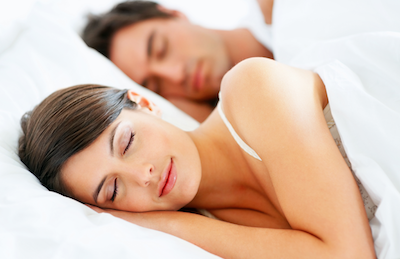Sleep Disorders: How They Affect Your Health And Lives
We are all susceptible to having sleep disorders, regardless of age. Sleep disorders can be mild, moderate or severe. However, if a sleep disorder is left undiagnosed and untreated, it can have serious and debilitating effects not just on your sleep habit but also on your overall health and quality of life. Too much sleep or too little of it can prevent you from functioning normally or going about our daily activities.
The sad thing is that many among us are unaware that your health problems are likely a direct result of a sleep disorder. There are hundreds of sleep disorders, and in most cases, sleep medicine isn’t effective in treating them. Sleep disorders are grouped in four main categories. These sleep disorders can be characterized by:
- problems with falling asleep and staying asleep;
- problems with staying awake;
- problems with sticking to a regular sleeping schedule; and
- sleep-disruptive behaviors.
One of the most common form of sleep disorders, and one most of us are familiar with, is insomnia. Insomnia can be a combination of difficulty falling asleep, staying asleep, intermittent times of wakefulness and early-morning awakening. Insomnia can be transient or short-term, or it can be chronic. Insomnia has been found to be associated with anxiety disorders. Poor sleeping environment, caffeine consumption, heavy smoking and napping during the day are common factors contributing to insomnia. Certain medications have also been found to cause insomnia.
On the other end of the spectrum are people who have a hard time saying awake or are always sleepy during the day. These people have hypersomnias. Hypersomnias are sleep disorders that include narcolepsy, sleep apnea and restless leg syndrome.
People with narcolepsy experience sleep attacks during the day even though they may sleep adequately during the night. Narcoleptics can suddenly fall asleep regardless of where they are or what they are doing. Sleep apnea is a sleep disorder wherein a person stops breathing intermittently during sleep. He wakes up repeatedly, but would have no recollection of those awakenings. People with restless leg syndrome experience uncomfortable sensations in their legs, particularly at night and when they are in a relaxed state. The sensations are reduced when they move their legs; hence, the name for this sleep disorder.
Sleep disorders can affect anyone regardless of age. As a parent, if you notice your child regularly experiencing night terrors, nightmares and bedwetting, they may be symptoms of a sleep disorder. It’s best to take your child to a sleep disorder clinic where your child can be given medication or therapy in order to control the symptoms.
Sleep disorders can also be the result of disruption in regular sleep pattern, such as if you often travel between time zones or you work shifts. In order to control the symptoms of such sleeping disorders, doctors recommend their patients to practice good “sleep hygiene” including going to bed at the same time every night (including weekends), avoiding napping during the day, and not engaging in vigorous activity prior to bedtime.
Mild cases of sleep disorders may be treated by reducing caffeine and alcohol consumption, avoiding candies and other sweets, and practicing yoga and other relaxation techniques. However, there are sleep disorders that require medical attention. If you experience anything that disrupts or negatively affects your sleep cycle, the best thing to do is let your doctor know about your symptoms. Your doctor may recommend that you see a doctor who specializes on sleep disorders. A sleep doctor can perform tests to determine if you do have a sleep disorder and come up with the appropriate treatment plan for you.

No Comments